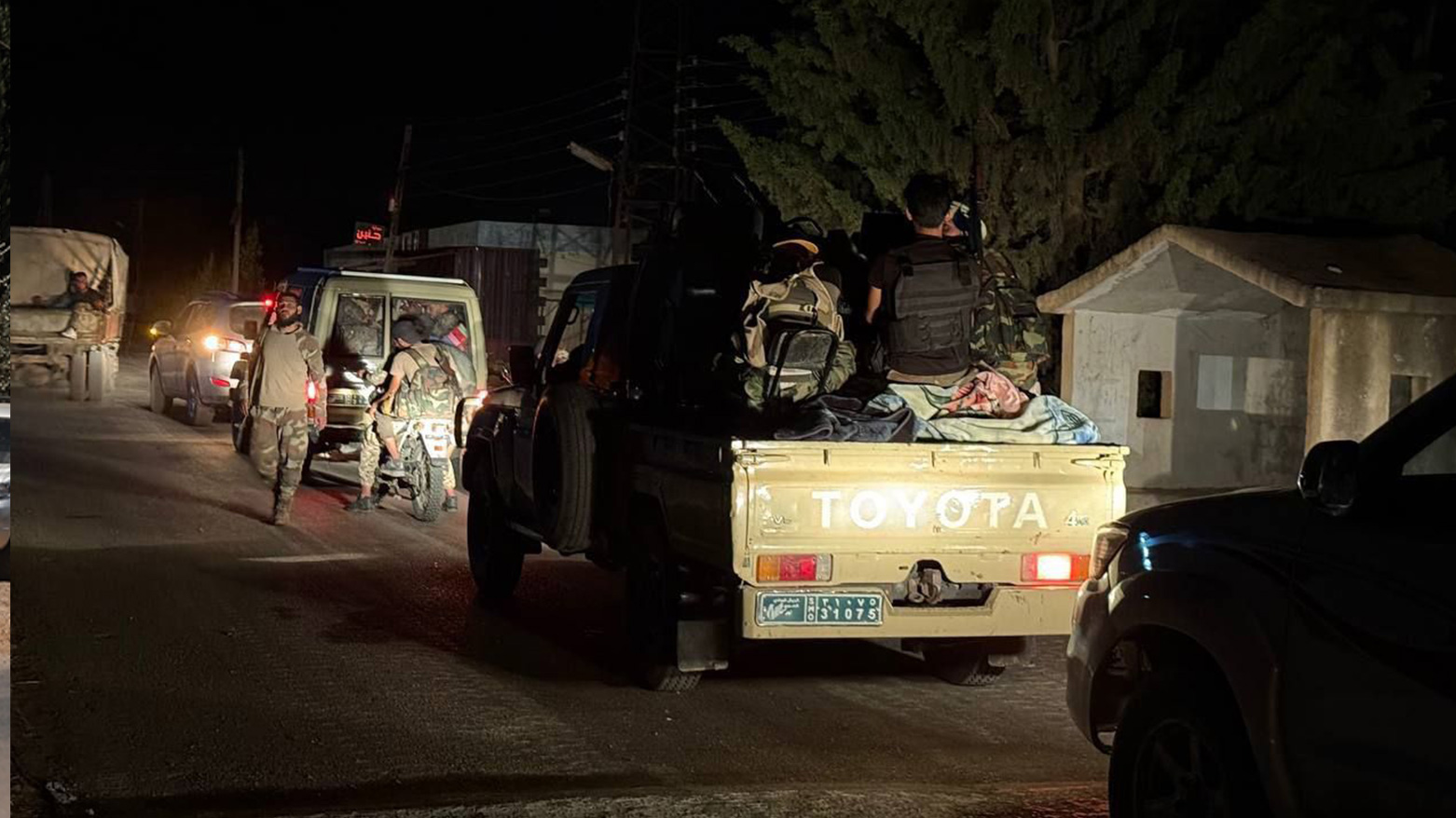Syrian Army Begins Withdrawal from Suwayda Amid U.S.-Brokered De-escalation Efforts
Syrian forces withdraw from Suwayda under US-brokered deal as Washington pushes de-escalation. With Israel still striking and historic tensions unresolved, fragile diplomacy faces its first test in post-Assad Syria's volatile south.

By Ahora Qadi
ERBIL (Kurdistan24) – The Syrian army began withdrawing its forces from Suwayda on Wednesday following the deployment of internal security units across the city, as reported by Syria’s state-run news agency SANA. The withdrawal is reportedly part of a broader agreement to de-escalate violence in the Druze-majority province, though ongoing Israeli airstrikes have slowed the process, according to Damascus.
Rubio: Agreement Reached to Restore Calm by Wednesday Night
U.S. Secretary of State Marco Rubio announced that Washington had brokered an agreement among the involved parties to halt hostilities in Syria. Writing on X, Rubio stated: “We have agreed on specific steps that will bring this troubling and horrifying situation to an end tonight. This will require all parties to deliver on the commitments they have made, and this is what we fully expect them to do.”
Rubio previously signaled cautious optimism, stating that within hours the U.S. hoped to witness “real progress.” He attributed the violence in Suwayda to “historic longtime rivalries” among southern Syrian communities, which he said had resulted in a serious “misunderstanding” between Israel and Syria.
U.S. Officials Urge Syrian Withdrawal to Facilitate Calm
Speaking shortly before Rubio’s statement, State Department spokesperson Tammy Bruce confirmed that Washington had called on the Syrian government to withdraw its military from the flashpoint region. “We are calling on the Syrian government to, in fact, withdraw their military in order to enable all sides to de-escalate and find a path forward,” Bruce said, while declining to specify the area or comment on whether the U.S. had requested Israel to halt its strikes.
Rubio, when asked earlier in the day about Israel’s bombing of Damascus, replied, “We’re very concerned about it. We want it to stop.”
Later, in a broader statement, the State Department characterized the communal violence as a “direct threat to efforts to help build a peaceful and stable Syria.” Rubio added, “We have been and remain in repeated and constant talks with the governments of Syria and Israel on this matter.”
Strategic Shift Toward Diplomacy with Syria's New Leadership
While President Donald Trump has remained a firm supporter of Israel, including in its military operations in Gaza and Iran, his administration has recently prioritized diplomatic engagement with Syria's transitional leadership. Washington views the post-Assad phase as an opportunity to promote stability, following the ousting of the former Syrian president by Sunni Islamist-led opposition groups in December.
As U.S. officials pursue parallel diplomatic channels with Israel and Syria, the unfolding developments in Suwayda mark a pivotal test of Washington’s ability to mediate a fragile peace in one of Syria’s most sensitive provinces.